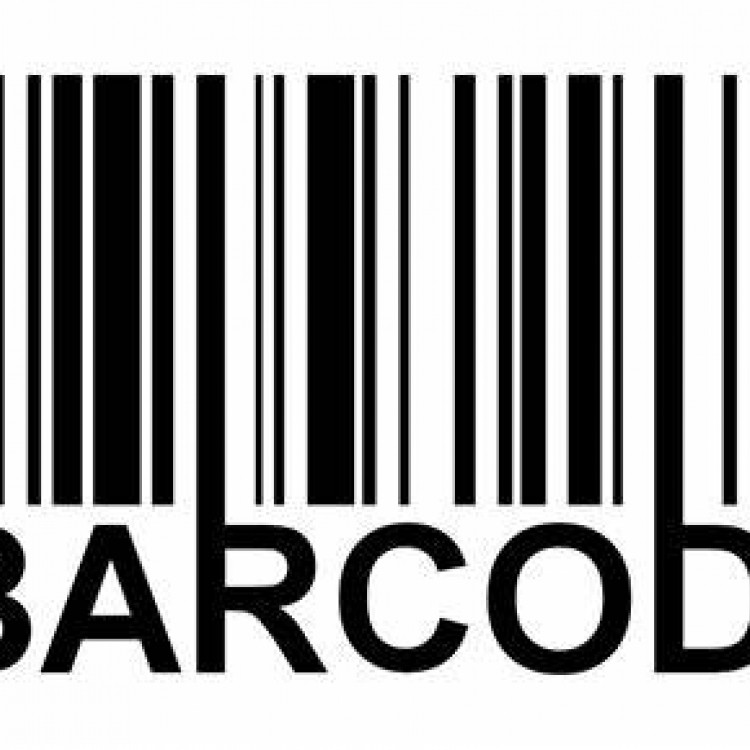
Geen uitzonderlijke omstandigheden voor laat ingediende aanvraag
The case relates to an appeal filed by the applicant against the decision of the Examining Division [ED] to refuse EP2468302 for lack of sufficiency under Art. 83 EPC. The ED found that the in vitro data presented in the application would not render the treatment of Tumor Necrosis Factor Receptor Associated Periodic syndrome (TRAPS) of the second medical use claims plausible.
With the Grounds of Appeal, the appellant submitted the refused set of claims as Main Request along with 5 auxiliary Requests.
Claims 1 and 2 of the MR read:
- A medicament for use in the treatment of an auto-inflammatory syndrome in a patient in need thereof, the medicament comprising a human IL-1 beta binding antibody, the antibody comprising: a first domain having an amino acid sequence as shown in SEQ ID NO:1 and a second domain having an amino acid sequence as shown in SEQ ID NO:2 and wherein said auto-inflammatory syndrome is Tumor Necrosis Factor Receptor Associated Periodic Syndrome (TRAPS), and wherein said antibody is parenterally administered at a dose between 0.1-50 mg of said antibody per kg body weight of the patient.’’ and
- The medicament for use according to claim 1, wherein said antibody is ACZ885." (emphasis added)
In AR1 claim 1 was limited to the antibody being ACZ885, the subsequent ARs were further limited in terms of dosing regimen.
With the summons for oral proceedings the Board issued a communication pursuant to Rule 100(2) EPC specifying a time limit for appellant’s reaction. In the communication, the Board expressed the preliminary view that the application met the requirements of Article 83 EPC with respect to the MR. However, the Board also gave reasons why it did not intend to grant the appellant's request for the case to be remitted to the examining division in this procedural situation, and expressed the view that the MR was not inventive and raised a clarity objection (Art. 84 EPC) against the term ‘’antibody ACZ885’’.
With their submissions under Rule 100(2) EPC the appellant reacted to the Board’s preliminary opinion on inventive step and filed new AR1 and AR2 wherein claim 1 in both requests comprised amendments but claim 2 was identical to the MR i.e. still contained the unclear term “antibody ACZ885” .
During oral proceedings the appellant submitted a new MR wherein the dependent claims referring to ‘’antibody ACZ885’’ had been removed. The appellant set out that the reason why the new MR had not been filed earlier was due to the oversight of the Board’s clarity objection to ‘’antibody ACZ885’’. .According to the appellant, ‘’The Board could have emphasized these concerns more clearly’’.
Further, the appellant asserted that for overall efficiency it would be "better" to obtain a decision of the Board with respect to the invention of claim 1 since the Board would need to decide whether the subject-matter of claim 1 was allowable in a pending divisional application anyway.
The appellant also expressed the view that not taking into account the MR pursuant to Art 13(2) RPBA 2020 and subsequently dismissing the appeal for this reason alone would be "unproportionate".
The Board found that the filing of a new MR after expiry of the period to respond under Rule 100(2) EPC is an amendment to the appellant’s appeal case made in a late phase of the proceedings. Under Art. 13(2) RPBA 2020 such an amendment to a party’s appeal is in principle not taken into account unless there are ‘’exceptional circumstances justified with cogent reasons’’.
The Board did not consider an oversight of a relevant fact by an appellant to constitute an exceptional circumstance which can justify filing the new MR only at the hearing. The Board added that to find otherwise would deprive communications sent under rule 100(2) EPC of practical and legal significance. According to the Board, the new MR could and should have been presented earlier.
The appellant’s reference to ‘’overall efficiency’’ with regard to a divisional where the same issue is at stake is not persuasive since 1) the existence of a divisional is not an exceptional circumstance within the meaning of Art. 13(2) RPBA 2020, and 2) the criterion of procedural economy under Art. 114 EPC refers to the procedure in which a decision is to be made, not to related proceedings. The Board emphasized that the EPC deals only with the binding effect of the ratio decidendi of a decision within the same proceedings (Art. 111(2) EPC).
Also the argument that it would be unproportionate not to admit the new MR into the proceedings did not convince the Board. Although it is undecided whether the Board should apply a ‘’proportionality test’’ in deciding on admissibility of request, this cannot imply that the Board is obliged to consider late-filed requests if they merely overcome previously identified issues and would be in conflict with Art. 13(2) RPBA’s requirement for ‘’exceptional circumstances’’. Thus, the Board did not admit the MR filed during oral proceedings.
Since the term ‘’antibody ACZ885’’ of claim 2 of AR1-3 and claim 1 of AR4-8 was held not to have precise and unambiguous technical meaning all requests contravened Art. 84 EPC.
The Board decided the appeal was dismissed.




